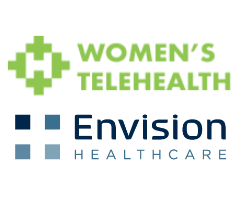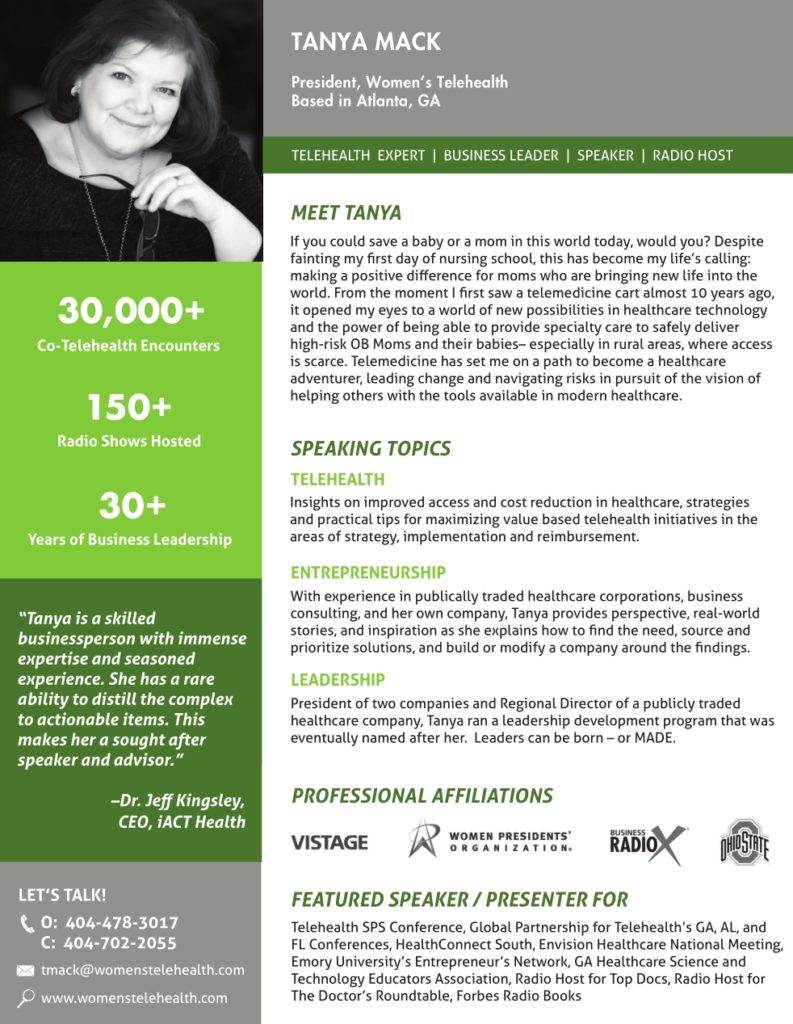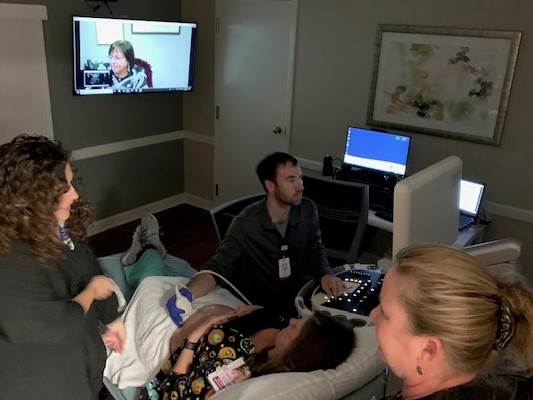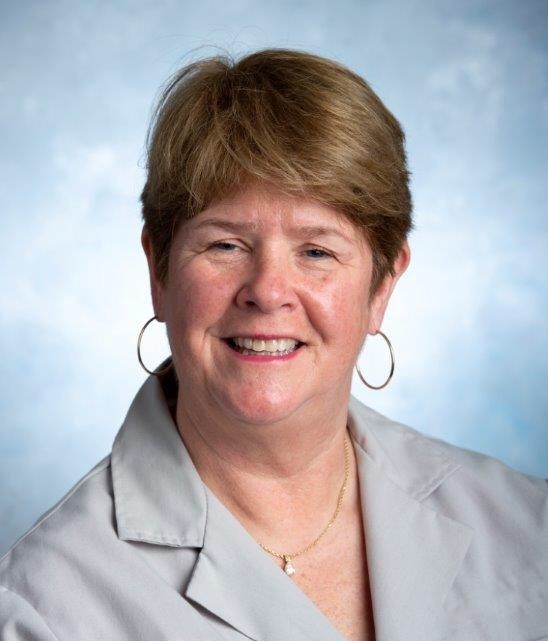Enabling often gets a bad rap. We’re not talking about
enabling someone to persist in self-destructive behavior, but in the positive
sense of “making able!” Our goal is to help you be the person who not only
makes telehealth possible, but successful!
Attending the Georgia Global Partnership for Telehealth
conference last week, I listened to the breakdown of their 650+ telehealth
sites in Georgia. There were two
surprises – only 26% of sites were hospitals and only 6% were providers. LOW ADOPTION IS REAL. Georgia is one of the
nation’s leaders in the telemedicine business.
What’s Missing
I often do telehealth “readiness” walks through many types
of facilities, from private practices to government clinics to hospitals, and
I’m constantly amazed by the
most common barriers to telehealth adoption by organizations:
1) Lack of a telehealth
enterprise-wide strategy
2) Lack of telehealth expertise
(internal or identified partners)
Driving Forces
The Medical
Group Management Association (MGMA) recently reported that patients are the
biggest group driving telehealth adoption because they expect access and are
eager to take advantage of advanced technologies.
Most medical
organizations are now saying, “Yes, we want to offer telehealth services.” The
motivating factors include expanded geographical coverage, increased patient
satisfaction and additional specialist offerings. The immediate, important question is, “how?”
Steps on the
Telehealth Path
The organization CEO and a telehealth provider champion
taking action together is not only a great place to start, but required for
telehealth program success. Here are
other steps in the process.
- Conduct a needs assessment (internal resources,
top value based initiatives, vendors)
- Prioritize the findings and create an enterprise-wide
telehealth strategy
- Access internal resources and the telehealth
marketplace (government, consultants, industry vendors) to fulfill the needs
and gain access to experts
- Use /partner with telehealth experts (Government
regional offices, organizations, consultants)
- Path: Assess/Strategize/Engage
Stakeholders/Install/Test and Train/ Implement
Telehealth is not a standalone solution, it is a set of
tools that is quickly becoming not optional as a central way to provide
healthcare, maximize resources, promote efficiency, add revenue and meet
patient demand.
So, we hope your answer is YES, I’m a telehealth enabler! We wish you much success in developing your telehealth program!
~Tanya Mack, President











